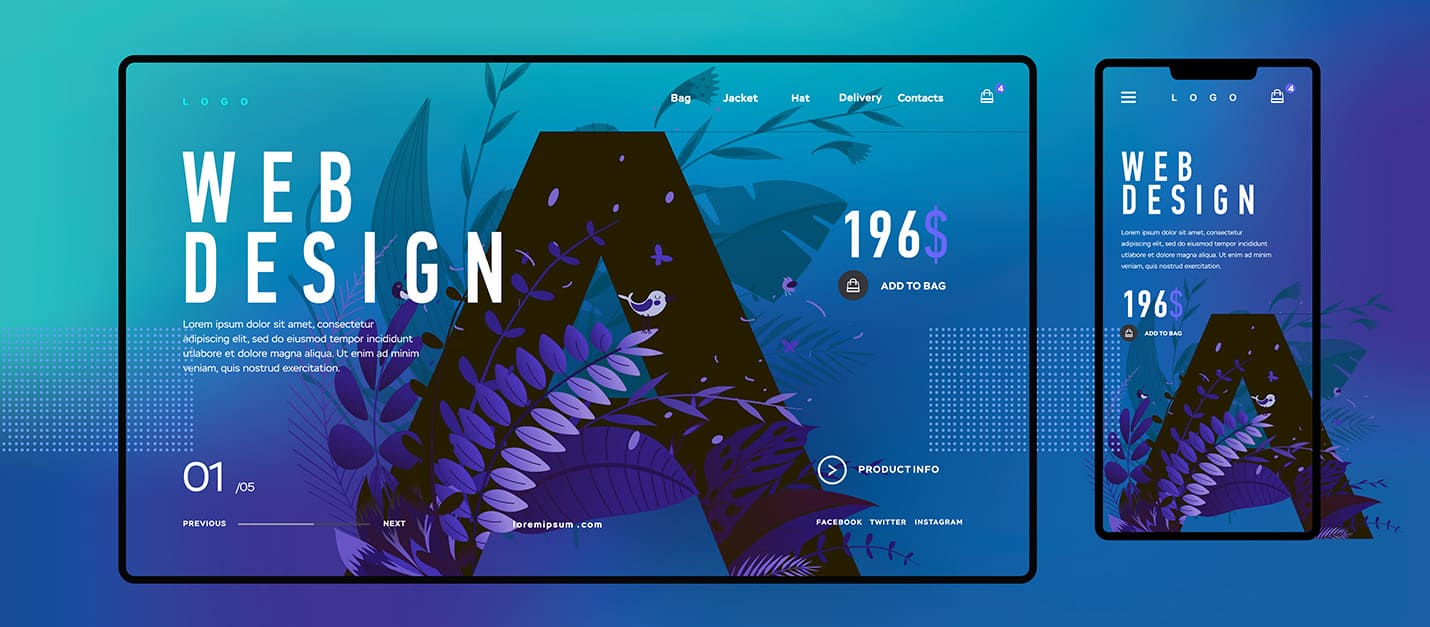Contact Details
sales@thrasker.com (813) 565-9024 10901 Danka Circle North, Suite BSt.Petersburg FL 33704

Today, a website has become the modern face of a company,
organization, or individual. It is the first impression that many
potential clients or visitors have of the entity. Therefore, a
website's design, look, and feel are incredibly important. A
well-designed website can attract visitors and keep them engaged,
encourage them to stay longer, and ultimately convert them into
loyal customers.
In this blog, we will explore the importance of website design,
look, and feel in depth.

When visitors land on a website, they form an impression of the website within a few seconds. The first impression often determines whether they will stay on the website or move on to another one. Therefore, it is essential to create a positive first impression through the website's design, look, and feel. A website that is visually appealing, easy to navigate, and provides a seamless user experience will likely keep visitors engaged and interested. A poorly designed website, on the other hand, can cause frustration and confusion, leading visitors to quickly move on to another website.
Brand identity and recognitionA website is often the first point of contact for potential customers, and it is essential to establish a strong brand identity through the website's design, look, and feel. The website's design should reflect the company's brand, including colors, typography, and overall aesthetics. Consistency in design across all marketing channels, including social media, email marketing, and print collateral, helps to establish brand recognition and increase brand loyalty.
Clear communicationThe design of a website can also influence how well the content is communicated to the visitor. A cluttered, confusing design can make it difficult for visitors to understand the message the website is trying to convey. A well-designed website with clear and concise messaging can help visitors quickly find the necessary information and take the desired action.
User experienceThe user experience is one of the most critical factors in website design. A website should be easy to navigate, with a clear information hierarchy and logical page flow. Visitors should be able to find what they are looking for quickly and easily. A website that is difficult to use, confusing, or slow can cause frustration and lead visitors to abandon the website altogether.
Mobile responsivenessMobile devices are becoming the primary way that people access the internet, and it is essential that websites are designed to be mobile-responsive. A mobile-responsive website is optimized for viewing on mobile devices, with a design that adjusts to fit the device's screen size. A mobile-responsive website provides a seamless user experience, regardless of the device being used to access the website.
Search engine optimization
Website design can also impact search engine optimization (SEO). A
well-designed website with high-quality content and a clear
information hierarchy is more likely to rank well in search
engines. Search engines consider user experience, site structure,
and other design elements when ranking websites in search
results.
In conclusion, a website's design, look, and feel matter for many
reasons. A well-designed website can make a positive first
impression, establish brand identity and recognition, communicate
clearly, provide an excellent user experience, be
mobile-responsive, and rank well in search engines. Investing in a
high-quality website design can significantly benefit any entity,
whether it is a business, organization, or individual.